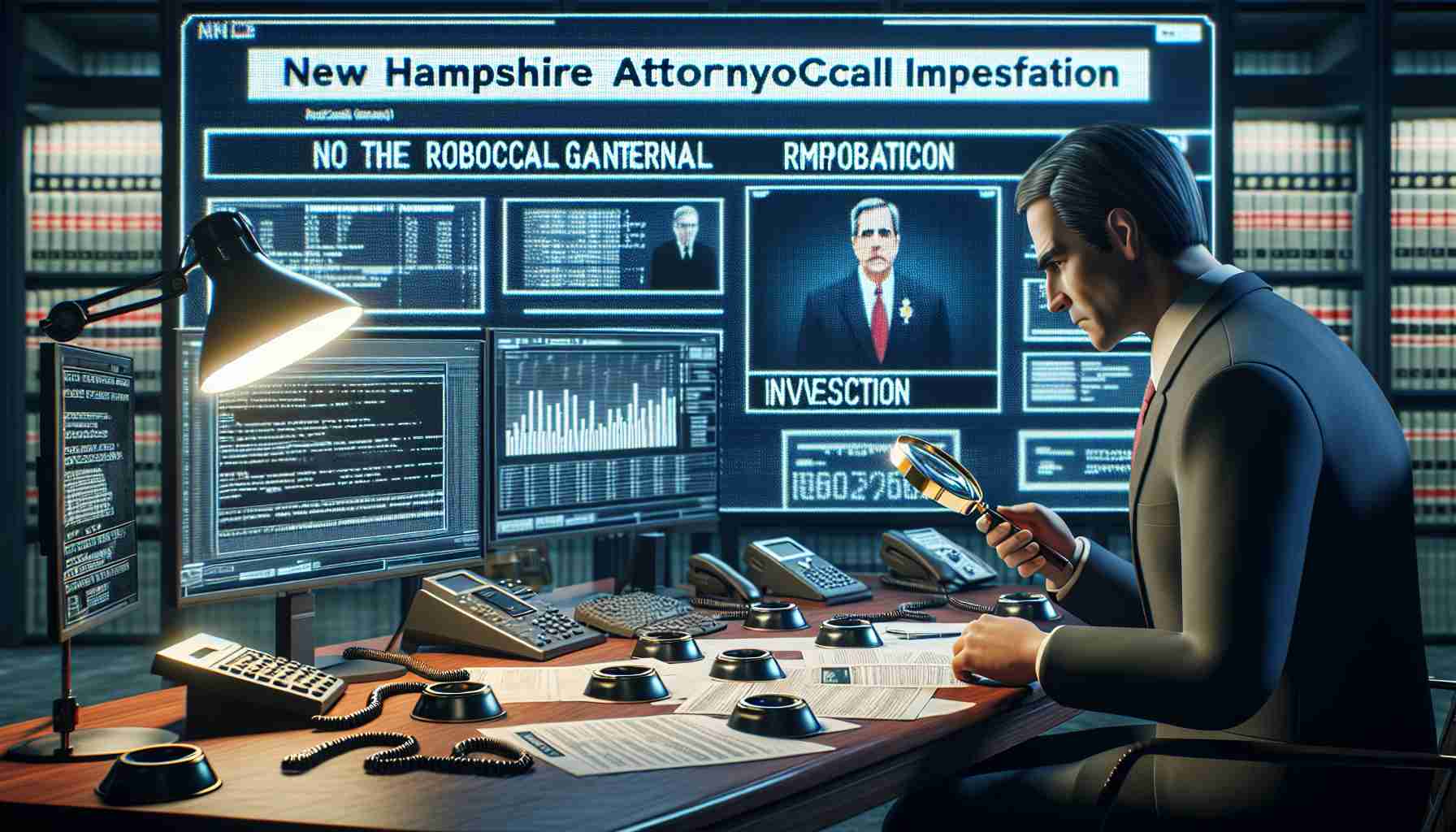The New Hampshire attorney general’s office is launching an investigation into an unsettling incident involving an apparent robocall that imitated the voice of US President Joe Biden. The call, sent to multiple voters just two days before the state’s primary election, aimed to discourage people from going to the polls.
While the investigation is still ongoing, Attorney General John Formella has voiced concerns that this incident is an attempt to disrupt and suppress voting, which is illegal. Using artificial intelligence (AI) technology, the voice on the robocall imitated President Biden’s tone and urged voters not to participate in the upcoming election.
This disturbing incident highlights the growing sophistication of AI technology and its potential to be misused for nefarious purposes. The impersonation of a public figure like the President raises serious questions about the security and integrity of our democratic processes.
As AI continues to evolve, so too must our measures to safeguard against its misuse. Legislation and regulations must be considered to address the potential threats posed by AI-generated content, especially in the realm of election interference. Safeguarding the democratic process and maintaining public trust in elections should be paramount.
While this incident in New Hampshire is undoubtedly concerning, it serves as a wake-up call to the broader implications of AI technology. We must remain vigilant in monitoring and combating the misuse of AI in order to protect the integrity of our democratic systems. Only through proactive measures can we ensure that advancements in technology do not compromise the essential values of fairness, transparency, and the right to vote.
Frequently Asked Questions (FAQ)
Q: What is the investigation being launched by the New Hampshire attorney general’s office?
A: The investigation is regarding an unsettling incident involving a robocall that imitated the voice of US President Joe Biden and aimed to discourage people from voting in the state’s primary election.
Q: What are Attorney General John Formella’s concerns regarding this incident?
A: Attorney General John Formella is concerned that this incident is an attempt to disrupt and suppress voting, which is illegal.
Q: How was the voice of President Biden imitated in the robocall?
A: The voice on the robocall was imitated using artificial intelligence (AI) technology.
Q: What questions does the impersonation of President Biden raise?
A: The impersonation raises questions about the security and integrity of our democratic processes.
Q: What measures should be taken to address the potential threats posed by AI-generated content?
A: Legislation and regulations should be considered to address the potential threats posed by AI-generated content, particularly in the realm of election interference.
Q: What should be prioritized in safeguarding the democratic process?
A: Safeguarding the democratic process and maintaining public trust in elections should be paramount.
Q: What is the significance of this incident in New Hampshire?
A: The incident in New Hampshire highlights the broader implications of AI technology and the need to monitor and combat its misuse.
Q: Why is it important to protect the integrity of democratic systems?
A: Protecting the integrity of democratic systems is crucial to ensure fairness, transparency, and the right to vote are upheld.
Key Terms and Jargon:
1. Robocall: An automated telephone call made to a large number of people simultaneously, typically for political or advertising purposes.
2. Artificial Intelligence (AI): The simulation of human intelligence in machines that are programmed to think and learn like humans.
3. Election interference: Actions taken to undermine or manipulate the electoral process, such as spreading false information or tampering with voting systems.
Suggested Related Links:
1. Election Assistance Commission (EAC)
2. Federal Election Commission (FEC)
3. Election Security
The source of the article is from the blog aovotice.cz

